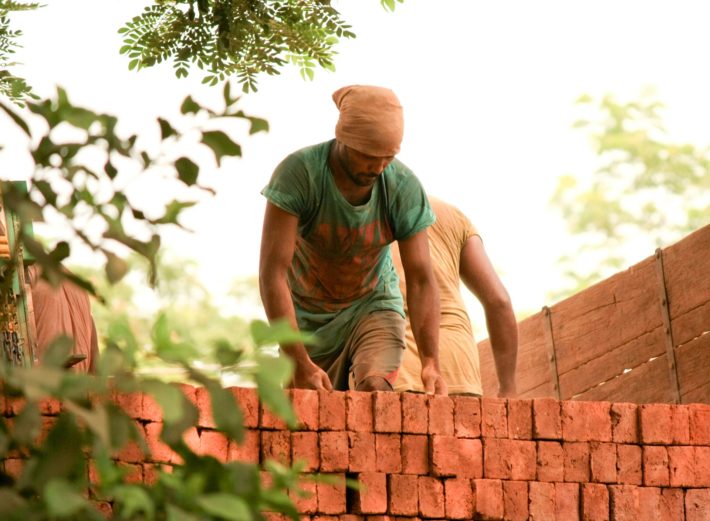For all the Sci-Fi nerds out there, I bring news: We have successfully managed to travel back in time by a measure of decades, at least in terms of polity we have. Nothing that us “not-labour” folk need to worry about, it’s only the lowest rung of the social strata. Pfft, do rights even matter for those beneath livestock? 🙂
The past week has been a grim one for Labour Laws in Indian States, with governments of Uttar Pradesh and Madhya Pradesh, two states with massive labor-intensive economies, deciding that labour laws are a menace, and declaring labour law “holidays” for three year periods, especially for micro and small scale industries, as a way to attract investment and “fix” economies after the COVID-19 dip.
An ordinance was cleared by the UP Government, and this plan to put most labour laws in the coffin was supported by the Union Government (shocker).
Similar changes were proposed in Rajasthan and Punjab where factory workers would be expected to work 150% more, increasing caps on daily hours of work from 8 to 12 hours, possibly for the same wages. Afterall, THINK OF THE ECONOMY! No?
And here we are, at a supposed “crossroads” deciding, deliberating whether safe working conditions, employer accountability, fair wages, and the ability to fight back unfair change are really a necessity for the poor labour. Us educated folk are expected to pretend that it’s all good, that the labour class “taking one for the team” is the need of the hour.
But is it?
The sane answer, of course, is no. There is no debate. Rights protecting the working class are human rights too. There are no two ways about it.
Unless you do believe that the lives of those from lower economic strata are not worth protecting, in which case, do we even have a ground for discussion, Dearest Monster?
Labour Laws aren’t some black sorcery that wards off economic gains. It’s a band-aid for a battle, the bare minimum, sometimes even less. The owners of businesses would often portray the “powers” these laws confer upon “their” labour as far too immense, ones that could wreak havoc if left unchecked. Sounds like the pilot episode of a terribly written fantasy television soap, a war between two clans- the Employer and the Employee. It would have made for a real good show except for one major plot-hole- the fact that the polt rings pretty hollow. That “war” would have been a real thing, had structures of power not existed within society. But they do, and as the rules of the society are often written by the “owners” and not their “cattle”, the obvious difference in social capital and social power warrants the need for laws that protect the “cattle”, as the owners would prefer treating their workers, from their “owners”. The very fact that there exists this gap of privilege, this difference in social capital, makes labour laws a necessity!
Indeed, these legal protections have helped labourers survive! The protections of safe working environments, hazard pay, caps on the number of work hours in a day and the week, the cap on the number of workers in units, the ability to unionize in case of unfair treatment and collectively demand for change, they’ve all contributed to somewhat better lives for labourers working in factories. But when these protections are removed in the name of “economic support” for industries and economies we leave the labour in a very precarious position.
I am surprised we’re fine with the law allowing labour to be made to work in dangerous conditions for inhumanely hours without proportional pay, or the right to organise against these atrocities, all in the name of economy, while business owners are receiving help packages from tax-payer money. How can the state-sponsored oppression of the poor be fine? How can the gutting of labour rights and protections of law in the name of economic gains (which is pretty much just a word reserved for the privileged owner class folk anyway) be justified?
The fight for these laws has been a bloody one. Let us not forget the sacrifices that the cogs of the economy have made for the sake of their kind, for safety and survival, to keep themselves from being eaten alive by the big bad wolf that is a Capitalist Economy. Let us not let these sacrifices go to waste by reminding ourselves of why we have these laws in the first place.
We are at a crossroads of morality. We must decide whether we will justify away the lives of the most vulnerable in the name of stately gains or we will recognise the need for a life with dignity, even for those that the state seems to reject in times of need.

